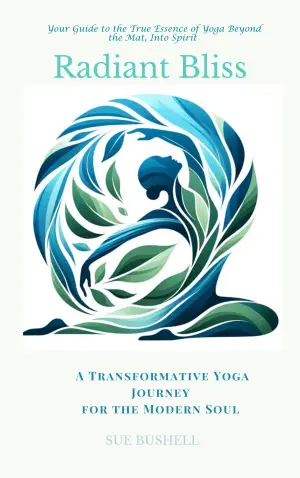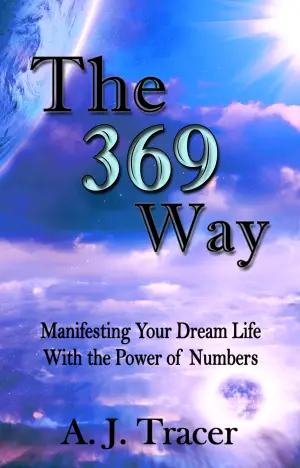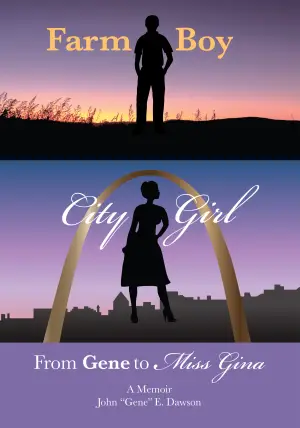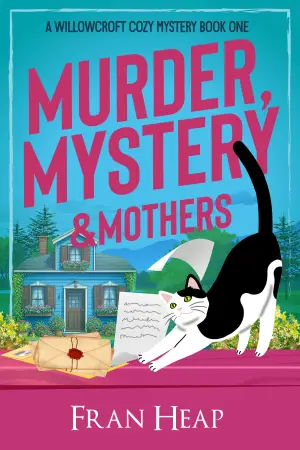Book Review: Mockingjay by Suzanne Collins
From the moment I cracked open the spine of Mockingjay, I felt a potent mix of excitement and apprehension. The Hunger Games trilogy had captivated my heart with its gripping narrative and complex characters, and I was eager to see how Suzanne Collins would wrap up the story. However, reading this book was both an emotional journey and a bitter disappointment, leaving me feeling a whirlpool of frustration as I turned the last page.
In Mockingjay, we find Katniss Everdeen, our fierce protagonist, thrust into a war-torn world where she must navigate alliances, puppet-master politics, and her own feelings of despair. The war against the Capitol takes center stage, yet I quickly realized that the elements that made the previous books so thrilling—the suspense of the Hunger Games, the heart-pounding action—were glaringly absent. Instead, most of Katniss’s journey feels like a series of relentless, mournful moments spent in the shadows. This profound shift left me longing for the thrill and pace of the earlier installments.
Collins’s writing, while still evocative, sometimes felt bogged down by the protagonist’s mental state. Katniss oscillates between moments of clarity and extended bouts of depression, transforming her into a character I barely recognized. The girl on fire, who once fought for her family and survival, devolves into a shadow of her former self, lost in the confines of her trauma. This portrayal, while perhaps realistic, dampened the story’s energy, leading me to wait for that significant turning point that never quite came. It was a compelling but exhausting ride that ultimately felt like an emotional weight rather than the empowering climax I anticipated.
The love triangle involving Katniss, Peeta, and Gale, which intrigued me in the first two books, felt underwhelming here. I found myself losing interest as Katniss seemed to drift between their affections, and I couldn’t help but think she needed some space to figure things out. It felt more cumbersome than moving, especially given the weight of the war surrounding her. The conclusion of this relationship, where she ends up with Peeta, felt less like a romantic choice and more like a default outcome, raising questions about agency and choice throughout the series.
One death—Prim’s—felt ominous yet oddly anticlimactic. I had hoped to deepen my connection with her only to find that her absence throughout the story rendered her demise hollow. In contrast, the loss of Finnick shattered my heart, dragging me into the gritty reality of war that Collins so unflinchingly portrayed. However, the frequent deaths felt more like plot devices to drive home the book’s bleak messages rather than moments of meaningful loss, leaving me emotionally detached at a time when I wanted to feel roaring anguish.
What I did appreciate were the glimpses of bravery and strength, particularly when Katniss finally makes a choice to confront Coin instead of Snow. This rare moment of clarity amidst chaos feels like a reminder of who Katniss can be, even if it’s fleeting. It is a bittersweet triumph against the larger narrative of helplessness she experienced throughout most of the story.
As I closed the book, I realized I had hoped for an inspiring conclusion to lift me up, not weigh me down. While Mockingjay certainly has poignant takes on trauma, loss, and resilience, it felt devoid of the hope that defined the earlier volumes. Readers who thrive on raw realism may find solace in Katniss’s journey, but for those of us seeking a triumphant hero’s ascent, it leaves much to be desired.
In the end, I can’t say that Mockingjay was a wholly unsuccessful endeavor, but it undeniably drifted away from the fierce, spirited narrative I had loved. For anyone who has followed Katniss on her journey, it’s a must-read for completion, but it might not resonate in the same heart-pounding way as its predecessors. I reached the final page with more questions than answers—an emotional closing I hadn’t quite anticipated, reminding me just how complex the journey of storytelling can truly be.
Discover more about Mockingjay (The Hunger Games, #3) on GoodReads >>













